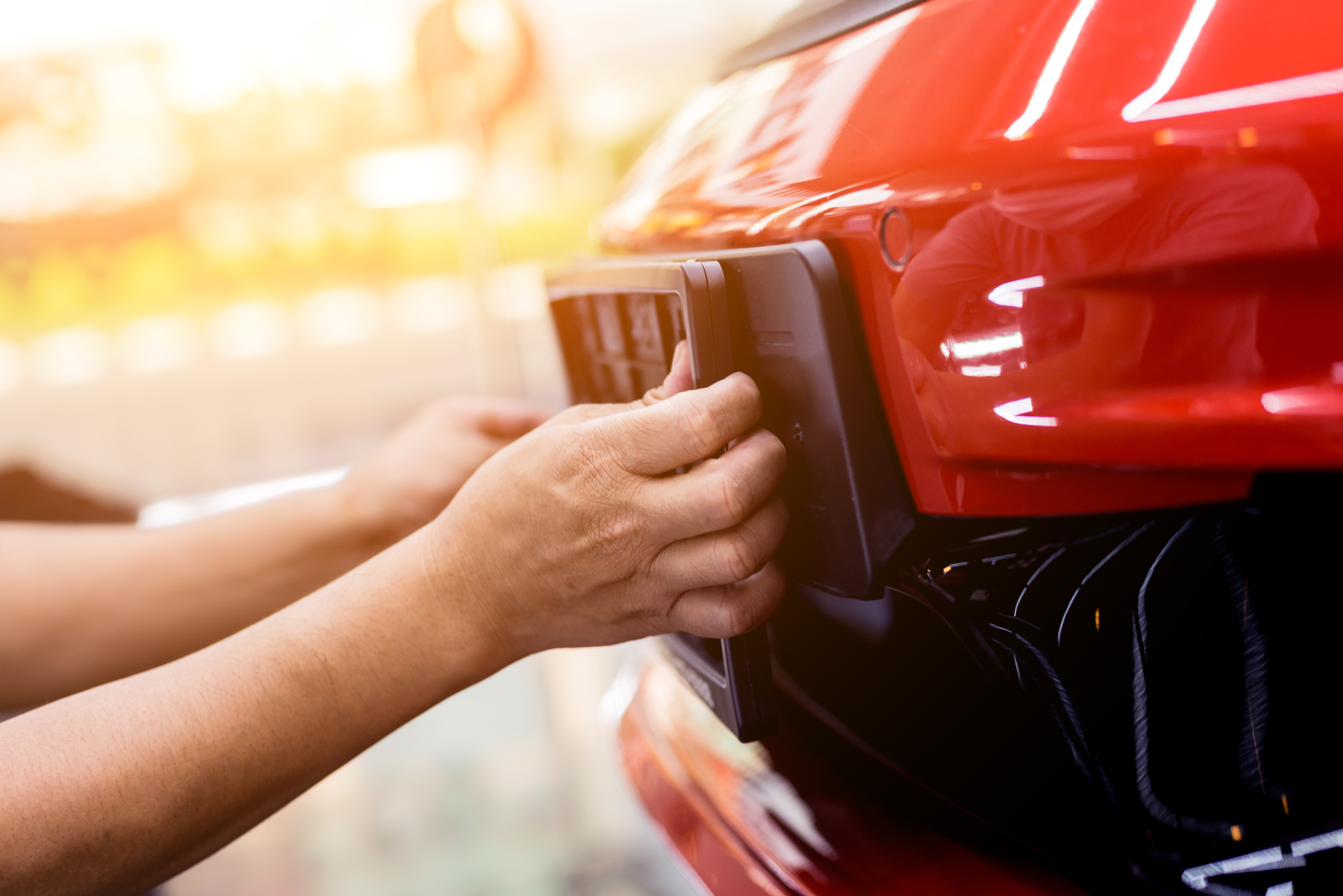Understanding the Process of Buying Impounded Vehicles: What to Consider
Vehicles end up in impound lots for a range of reasons, and over time, some are made available for public sale. These auctions can offer access to a wide variety of cars, often at prices below typical market value, but there are key factors to consider before getting involved. This guide explores how the process typically works, what conditions buyers might encounter, and how sales are generally structured. Looking into the way impound auctions are managed can provide a clearer picture of what to expect, especially when comparing different sale types and understanding common requirements.

When law enforcement agencies and municipalities accumulate vehicles through various legal processes, they eventually need to dispose of these assets to recover storage costs and clear space. This creates opportunities for savvy buyers to purchase vehicles at below-market prices, though the process differs significantly from traditional car buying.
How Impound Car Auctions Work
Impound car auctions operate on scheduled dates, typically monthly or quarterly, depending on the jurisdiction. Government agencies, towing companies, and storage facilities host these events to liquidate accumulated inventory. Vehicles arrive through multiple channels: unpaid parking violations, abandoned property claims, criminal investigations, or civil forfeiture cases. Auction houses like Manheim Government Services and GovDeals.com facilitate many of these sales, providing online platforms where buyers can browse upcoming inventory and participate remotely.
The auction format varies between live bidding events and online-only sales. Some facilities require pre-registration and deposit payments before participation. Bidders should arrive early to inspect vehicles, as most sales occur “as-is” without warranties or return policies.
How to Buy Impounded Vehicles Successfully
Successful purchasing requires thorough preparation and research. Start by identifying local auction schedules through municipal websites, police department announcements, or specialized auction platforms. Register in advance and understand payment requirements, which typically include cash, certified checks, or immediate bank transfers.
Vehicle inspection becomes crucial since mechanical problems, damage, or missing components are common. Bring basic tools like flashlights, magnets for detecting body filler, and knowledgeable companions who understand automotive systems. Research vehicle history through VIN numbers when possible, though complete records may not always be available.
Set firm budget limits before attending, accounting for additional costs like towing, immediate repairs, registration fees, and potential title complications. Factor in 15-25% above your maximum bid for unexpected expenses.
Police Auction Cars: Documentation and Legal Considerations
Police auction cars require specific documentation processes that differ from private sales. Buyers must obtain proper titles, which sometimes involves waiting periods while agencies complete legal clearances. Some vehicles may have liens, requiring additional steps to secure clear ownership.
Verify the vehicle’s legal status before bidding. Stolen vehicles occasionally appear in auctions due to administrative errors, creating complications for unsuspecting buyers. Request documentation proving the agency’s legal right to sell, and understand your state’s lemon laws, which may not apply to government sales.
Certain vehicles, particularly those from criminal cases, might have restrictions on modifications or resale. Military or government fleet vehicles may require emissions compliance updates before registration in some states.
Finding Cheap Cars for Sale Through Impound Lots
Impound lots offer various vehicle categories at different price points. Economy cars and older models typically generate less bidding competition, making them accessible to budget-conscious buyers. Luxury vehicles and popular models attract more attention, driving prices closer to market value.
Timing affects pricing significantly. End-of-quarter auctions often feature larger inventories as agencies clear storage space. Winter months in northern climates may see reduced attendance, creating better deals for prepared buyers.
Develop relationships with lot operators and auction staff who can provide insights about upcoming inventory and bidding patterns. Some facilities offer preview days allowing detailed inspections before auction dates.
| Auction Platform | Types of Vehicles | Average Cost Range | Key Features |
|---|---|---|---|
| GovDeals.com | Municipal fleet, police cars | $2,000-$15,000 | Online bidding, nationwide access |
| Manheim Government | Fleet vehicles, seized assets | $3,000-$25,000 | Professional auction house, financing available |
| Local Police Auctions | Impounded cars, evidence vehicles | $500-$8,000 | Direct government sales, cash only |
| GSA Auto Auctions | Federal fleet vehicles | $4,000-$20,000 | Government surplus, detailed maintenance records |
| PropertyRoom.com | Unclaimed property vehicles | $1,000-$12,000 | Online platform, varied inventory |
Prices, rates, or cost estimates mentioned in this article are based on the latest available information but may change over time. Independent research is advised before making financial decisions.
Purchasing impounded vehicles offers legitimate opportunities for significant savings, but success depends on preparation, patience, and realistic expectations. Understanding the legal framework, auction procedures, and potential risks helps buyers make informed decisions. While these vehicles may require additional investment in repairs or documentation, the initial cost savings can justify the extra effort for budget-conscious consumers seeking reliable transportation.




